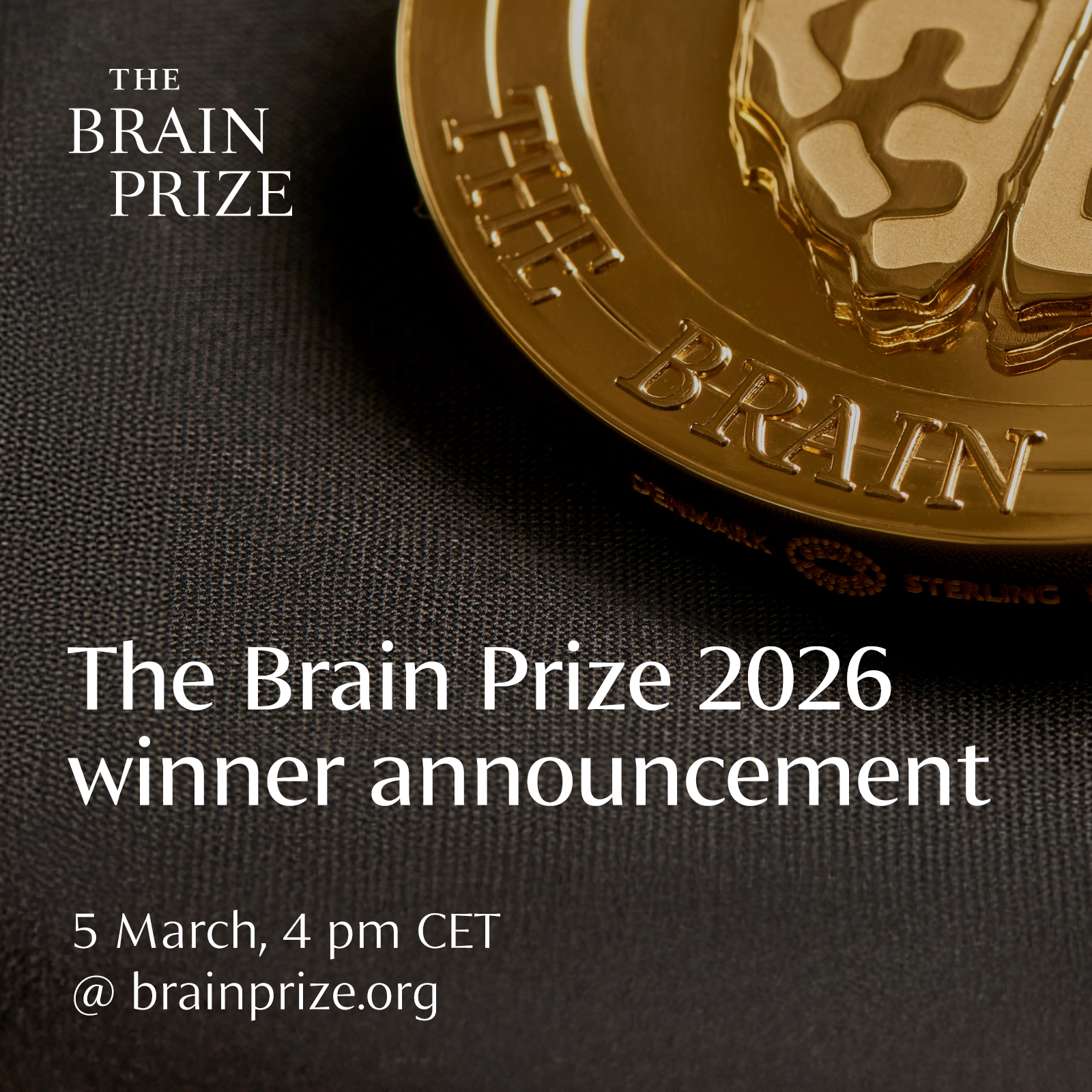Author: Julie
-
Announcement of The Brain Prize 2026 will take place March 5
Tune in for the announcement on the Brain Prize website on March 5th at 4pm CET: https://brainprize.org/ The Brain Prize is the world’s largest neuroscience research prize, and it is awarded each year by the Lundbeck Foundation. The Brain Prize recognises highly original and influential advances in any area of brain research, from basic neuroscience…
-
PhD Proposal Biomedical Sciences, Université du Québec à Trois-Rivières, Québec
Discipline: Cellular and Behavioral Neuroscience, Ethology Project Title: Identification of the Mechanisms Involved in the Processing and Plasticity of the Trigeminal and Olfactory Systems: From Chemoreceptor Expression to Behavior Research Project In mammals, chemosensation relies on three interconnected systems: olfactory, gustatory, and trigeminal. Despite their essential role in the perception of flavors, danger signals, and…
-
Instructor 1 – University of Manitoba
Posting Title: Instructor 1 Position number: #37181 Type: Full-time term appointment (3 years) Department: Physiology and Pathophysiology Faculty: Rady Faculty of Health Sciences Posting start date: January 22, 2026 Posting close date: Posting may remain open beyond the date of February 23, 2026 For more information please contact: Peter A. Cattini (peter.cattini@umanitoba.ca) and Sarah Gofflot (Sarah.gofflot@umanitoba.ca)…
-
Multimodal Sensorimotor Plasticity: Vision, Neurophysiology, and Behavior – Graduate student position, Université de Montréal
The Neurophotonics Laboratory (School of Optometry, Université de Montréal) is recruiting MSc students and PhD students, and also welcomes research interns, interested in systems and circuit neuroscience in the context of vision, motor and tactile functions, and brain plasticity following sensory loss (blindness) or cerebral lesions (stroke). Our research combines in vivo neurophysiology and behavior to…
-
Launch of the ALBA Database of scientists with disabilities
Calling all neuroscientists with disabilities!The ALBA Disability & Accessibility Working Group is creating a database to enhance representation, opportunities, and influence for disabled researchers. By joining, you can provide advice on accessibility-related initiatives, serve as a speaker or expert for conferences and workshops, or help improve policies and practices for inclusion in neuroscience.Don’t miss this…
-
Postdoctoral fellow or PhD student position with Dr. Anastassia Voronova (University of Alberta, Canada)
One of the fundamental questions in neurobiology focuses on how brain is built and regenerated. Deficient oligodendrocytes and myelin are implicated in the pathobiological mechanisms of a variety of neurological disorders, including multiple sclerosis and neurodevelopmental disorders. Conversely, restoration of normal oligodendrocytes and/or myelin is an attractive therapeutic target. The Voronova lab studies oligodendrocyte development…
-
Read our December newsletter!
We invite you to read our latest newsletter CAN Connection – December Edition
-
Professor-researcher (assistant or associate) in Neuroscience related to neural regeneration, stem cells and spinal-associated pathologies – Université de Montréal
Neuroscience Axis, Centre de recherche du Centre hospitalier de l’UdeM (CRCHUM) Department of Neuroscience, Faculty of Medicine, Université de Montréal (UdeM) The Neuroscience Research Axis of the CRCHUM and the Department of Neuroscience of the UdeM are inviting applications for a position of professor-researcher (assistant or associate) in neuroscience with focus on understanding the mechanisms…
-
Tier 2 Canada Research Chair in Experimental Cellular and Systems Biophysics – University of Ottawa
The candidate will conduct experimental work in quantitative cellular and/or systems level biophysics, seeking insight into the physical mechanisms underpinning the complex nature of biological systems. The ideal candidate has an internationally competitive research program on neural and cardiac cells and their interconnection, with possible links to other cell-types and the cellular connectome. Candidates whose…
-
Assistant Professor of Biomedical Sciences – Memorial University
REFERENCE: F30205-2025-3 The Division of BioMedical Sciences, Faculty of Medicine, Memorial University of Newfoundland and Labrador, invites application for tenure track faculty position at the rank of Assistant Professor. Applications related to any subspeciality uncovering the biomedical and biological aspects of human health and diseases are welcome. Successful candidates are required to hold a PhD…




